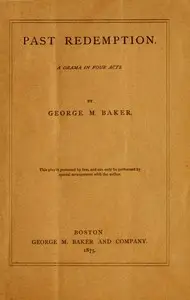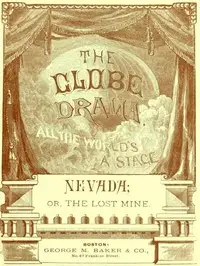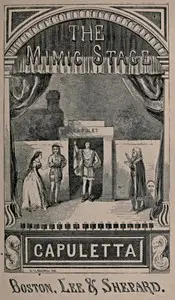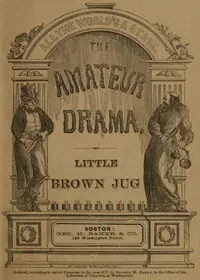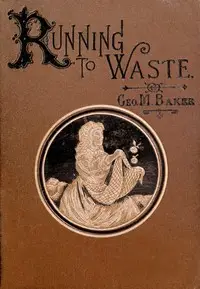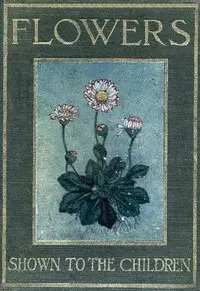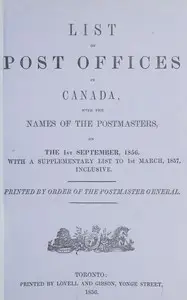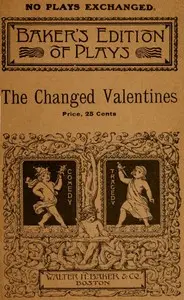"The Duchess of Dublin: A Farce" by George M. Baker is a comedic play written in the early 1870s, likely during the Victorian era. This farce revolves around amusing misunderstandings and the pursuit of social status, showcasing themes of identity and deception in a lighthearted manner. The narrative primarily involves characters manipulating a situation to elevate the reputation of a newly practicing doctor by falsely presenting a local milliner as a high-ranking noblewoman. In the story, Dr. Adam Aconite struggles to establish his medical practice in a village resistant to trusting a newcomer. With the help of his friends, a scheme is devised to promote him by claiming that "The Duchess of Dublin" is under his care; this duchess is, in reality, Maggie Mullen, a local girl with no real noble ties. As word spreads, a flurry of patients, including wealthy and curious townsfolk, flock to the doctor, each believing they are in the presence of true nobility. The mix-ups and antics that ensue create a series of humorous moments as the characters navigate their relationships and the consequences of the ruse, ultimately leading to a playful exploration of ambition, love, and societal perceptions. (This is an automatically generated summary.)
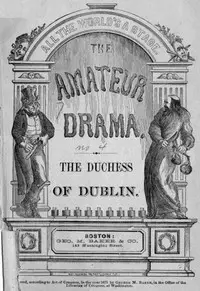
The Duchess of Dublin: A Farce
By George M. (George Melville) Baker
"The Duchess of Dublin: A Farce" by George M. Baker is a comedic play written in the early 1870s, likely during the Victorian era. This farce revolves...
George Melville Baker (1832–1890) was a playwright and publisher in Boston, Massachusetts, in the 19th century. He worked for Lee & Shepard publishers, then opened his own imprint. "George M. Baker & Co." issued works by authors such as Henry M. Baker, F.E. Chase, and Herbert Pelham Curtis. Baker's company ceased in 1885, succeeded by his brother's "Walter H. Baker & Co." George Baker also performed with comedian Henry C. Barnabee, appearing in "lyceum entertainments" in New England. He belonged to the Mercantile Library Association. He married Emily Bowles in 1858; children included novelist Emilie Loring, playwright Rachel Baker Gale, and screenwriter Robert Melville Baker.


